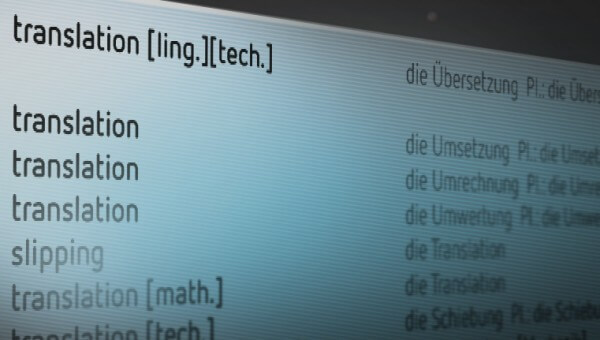English in B2B Marketing: Lost in Translation
Written on 14. April 2015 11:15:26

Bei Übersetzungen kann es schnell zu Missverständnissen kommen
For one of our clients, we recently conducted a survey in our international agency network. It was about the viability and comprehensibility of an English claim that the client had developed here in Germany and wanted to use in their worldwide B2B communication. And it turned out: English is not just English. The meaning of the claim was evaluated internationally, sometimes completely differently.
B2B-English is understood differently in every country
For non-native speakers, English is quite simply the new lingua franca: a universal language that is understood by everyone and with it, one can do no wrong in international communication. Our survey of the 90 agencies in our network showed that this is not the case.
It quickly became clear that B2B English is not understood in a uniform way worldwide. Cultural backgrounds and technical terms undermine universal comprehensibility. What sounds fresh and forward-looking in Germany is a generic term Technicus in America – which the viewer perceives to be a phony, business jargon. In Great Britain, the claim was perceived as boring, in Mexico as "typically German", and in Japan as an insult that one has not worked properly.
The effect of international claims must be examined
Unchecked, this claim would not only have missed its effect – it would have even damaged the brand image and made it worse or more blurred in several markets. And potential new customers would often have been given a completely wrong first impression.
So before allowing a message to go under internationally because of German linguistic sensibility, it's essential to check what "goes down well" internationally. With an agency network like ours, this was a matter that required just under 72 hours. Then we had answers from China, Malaysia, Russia, Australia, Japan, Canada, the USA, Mexico, Egypt, South Africa, and of course, from all over Europe. And were able to prevent a communication disaster.